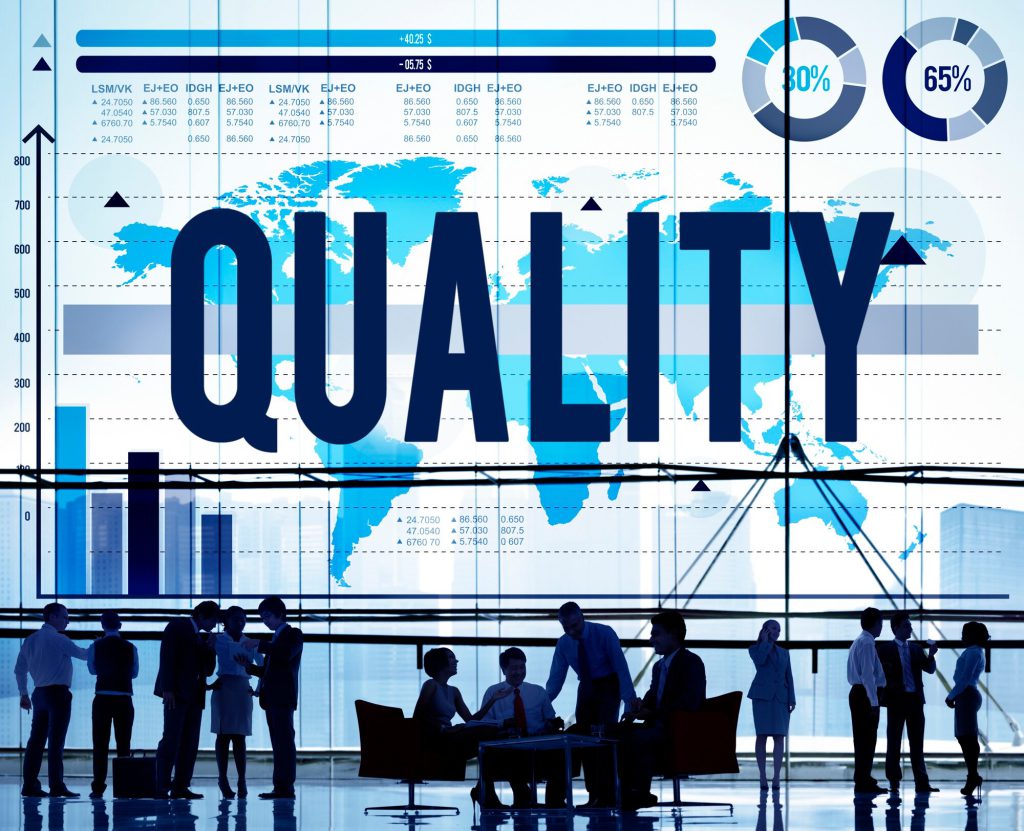The quality control (QC) landscape is evolving as businesses adapt to rapid technological advancements, shifts in global supply chains, and increased focus on sustainability. Staying informed about industry trends is crucial for companies striving to improve product quality, meet regulatory standards, and maintain a competitive edge. In this article, we’ll explore some of the quality control industry trends, including the role of technology, sustainability initiatives, and the importance of adapting QC practices to global challenges.

Automation in Quality Control
Automation is transforming QC processes, allowing companies to improve efficiency and accuracy. Advanced technologies, such as robotic process automation (RPA) and machine learning, enable companies to conduct inspections faster and with fewer errors. Automated inspection systems, equipped with AI-powered cameras and sensors, can detect defects more precisely than human inspectors, leading to higher product consistency.
The Rise of Predictive Analytics
Predictive analytics, powered by big data and artificial intelligence (AI), is a game-changer for QC. By analyzing historical data, companies can predict when quality issues might arise and take preventive actions. For instance, predictive maintenance tools can identify machinery wear patterns, allowing companies to service equipment before it impacts product quality. This proactive approach reduces downtime and ensures a consistent quality output.
Focus on Sustainable Quality Practices
With growing environmental concerns, companies are embracing sustainable QC practices. This includes reducing waste, using eco-friendly materials, and minimizing energy consumption in production processes. The concept of circular quality control is gaining attention, where products are designed to be reused, recycled, or repurposed, aligning QC with sustainability goals.
Digital Supply Chain Management and QC
The globalization of supply chains brings both opportunities and challenges. Digital tools are becoming essential for managing quality across complex, international supply chains. Blockchain technology, for example, enables secure tracking of products from raw material sourcing to final delivery, improving transparency and trust. Real-time supply chain monitoring helps companies identify potential quality issues early, even if they occur overseas.
Remote and Virtual Audits
With travel restrictions and increased remote work, virtual audits have gained popularity. Using video conferencing and remote inspection technologies, companies can conduct virtual QC audits of suppliers and facilities without needing an on-site presence. This trend allows for more frequent quality checks and reduces costs associated with traditional audits.
Increased Regulatory Compliance for International Trade
As companies expand into global markets, they face more stringent regulatory requirements. Organizations must comply with various international standards, such as ISO 9001 for quality management and ISO 14001 for environmental management, to meet global trade regulations. Staying updated with changing regulations helps businesses avoid fines and ensures smooth international operations.
Employee Training and Skill Development in QC
Technological advancements in QC require a skilled workforce capable of operating and maintaining complex systems. Many companies are investing in continuous training programs to enhance employees’ skills in new QC technologies and techniques. This training ensures that staff can use the latest tools effectively and contribute to maintaining high quality standards.
Conclusion
Quality control industry trends enables companies to stay competitive, reduce costs, and meet customer expectations in an increasingly complex market. From automation and predictive analytics to sustainable practices and digital supply chain management, these industry developments are reshaping QC practices worldwide. Staying informed and integrating these advancements helps companies deliver consistent quality and foster long-term success in a dynamic global economy.








